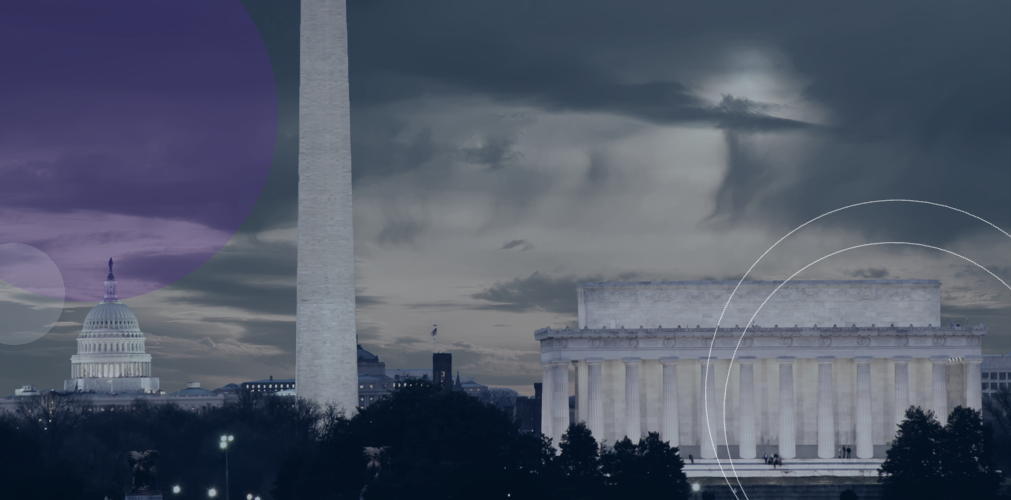In April, the Centers for Medicare and Medicaid learned they would be losing 300 positions in the larger reduction in force for HHS. Although CMS was a small portion of the 10,000 eliminated roles, many were concerned about the impact to CMS crucial role in managing and administering Medicare, Medicaid and CHIP.
As HHS undergoes their transformation, one group is re-hiring: the CMS Innovation Center.
The CMS Innovation Center develops and tests health care payment and service delivery models to improve patient care, lower costs, and align payment systems to promote patient-centered practices. Their a think tank of sorts for how CMS and HHS approach the funding, reporting and improvements of health care. It was established in 2010 by Congress through the Affordable Care Act.
Politico reported that the innovation center is planning to expand its workforce “as it prepares to launch new health care payment models.” According to anonymous sources, roles will include subject matter expertise in economics, clinical and data.
The innovation center models are alternative payment models (APMs) that reward providers for delivering high-quality and cost-efficient care. The innovation center says that these APMs can apply to a specifics like:
- Health condition, like end-stage renal disease.
- Care episode, like joint replacement.
- Provider type, like primary care providers.
- Community, like rural areas.
- Innovation within Medicare Advantage or Medicare Part D.
Impact of Hospitals and Health Systems
Nothing yet. But, HHS and the Trump Administration is being built around “MAHA” and RFK Jr.‘s vision for federal health care.
The innovation center could be the first place we see new federal payment models rooted in HHS health priorities. Their job is to test new payment and service delivery models and its likely their alternative payment models will focus on priorities important to RFK Jr. and MAHA.
More broadly, the re-hiring of CMS positions also means the federal government is beginning to fill staff roles across HHS that reflect their priorities. As more HHS departments hire staff, the health care industry can expect regulations, rules and decisions that center on MAHA priorities.
